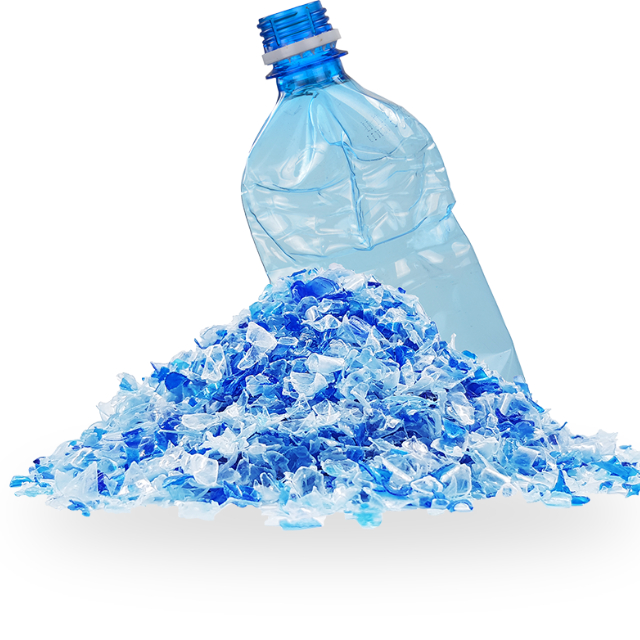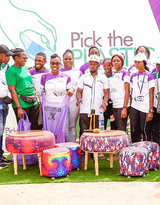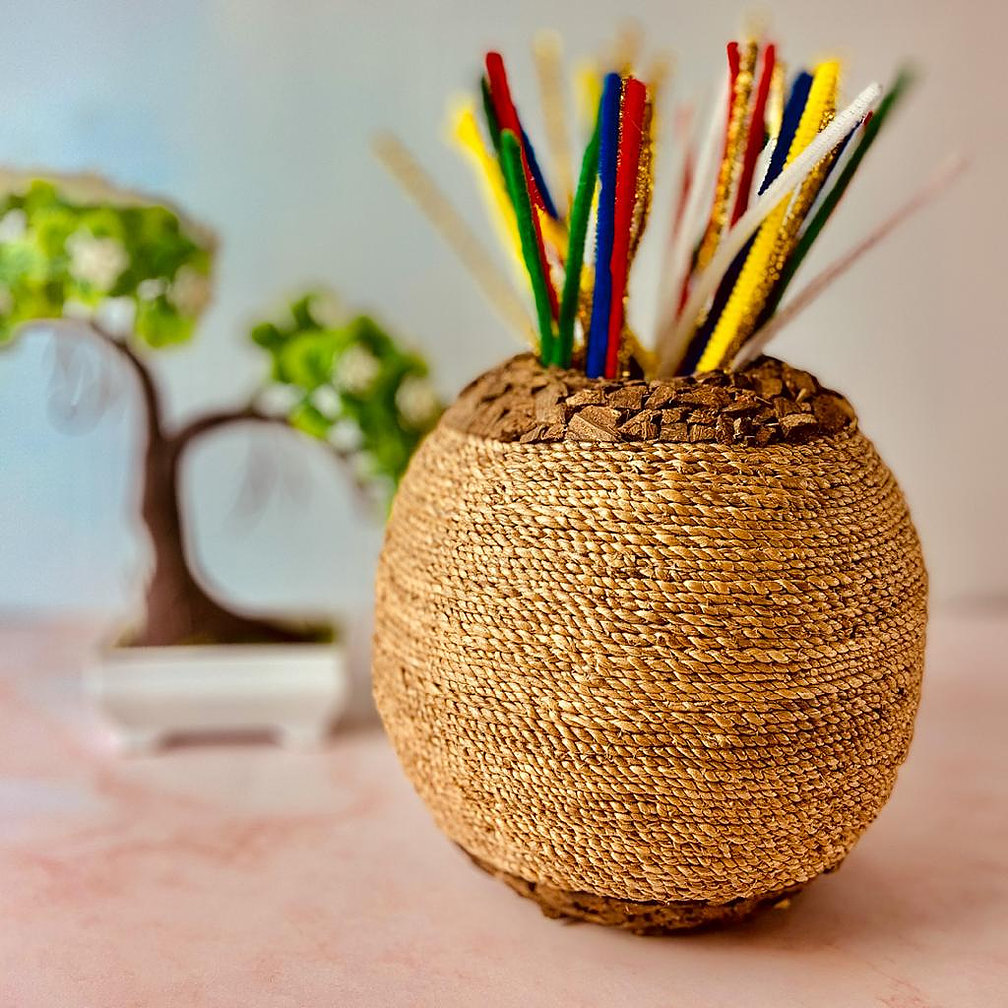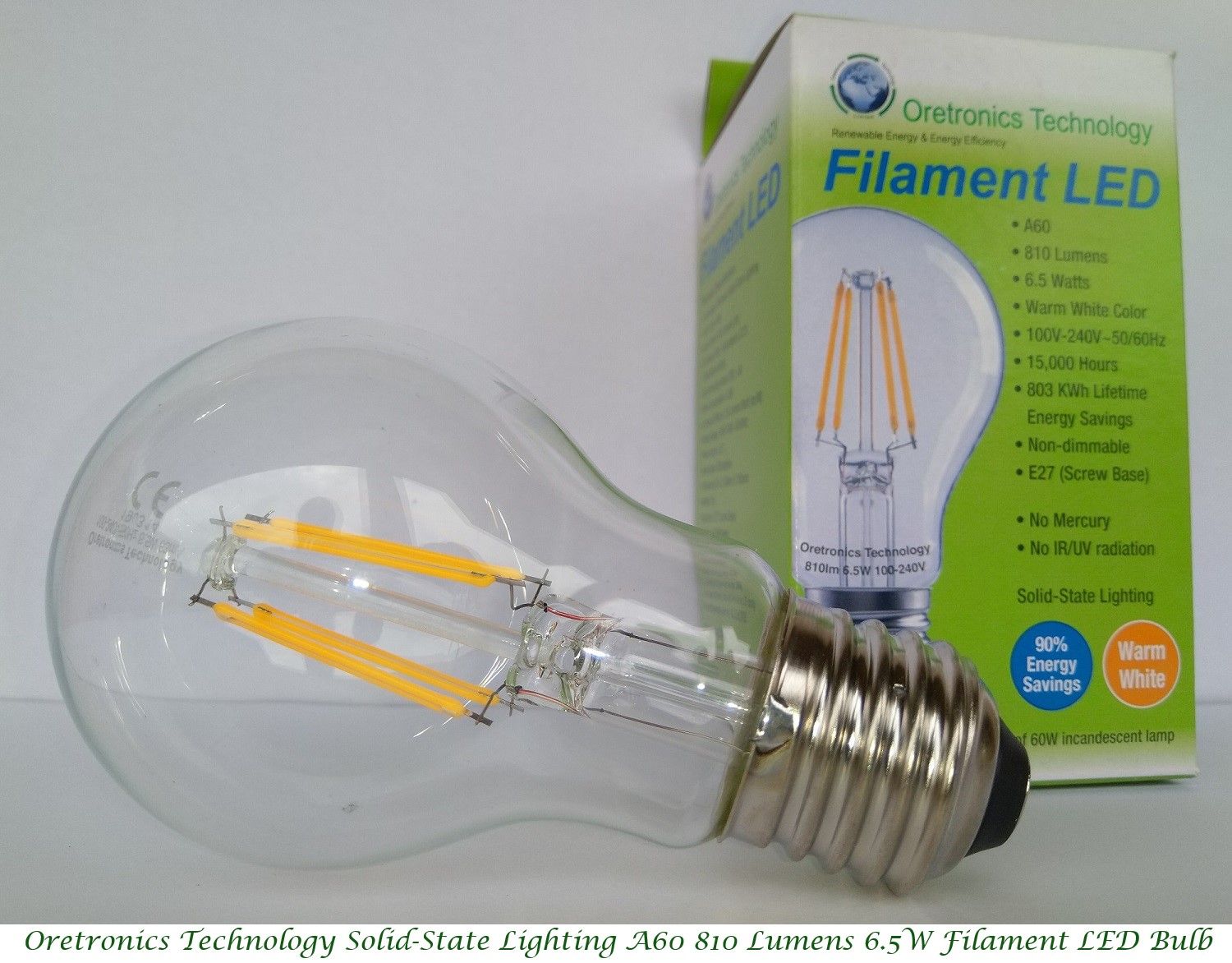A Circular Economy business model reduces or eliminates waste and environmental while reducing operational costs or growing revenues. SITRA, the Finnish Innovation Fund, has identified five core Circular Economy business models.
- Circular Supply Chains
- Sharing Platforms
- Product as a service
- Product Life Extension
- Recovery and Recycling
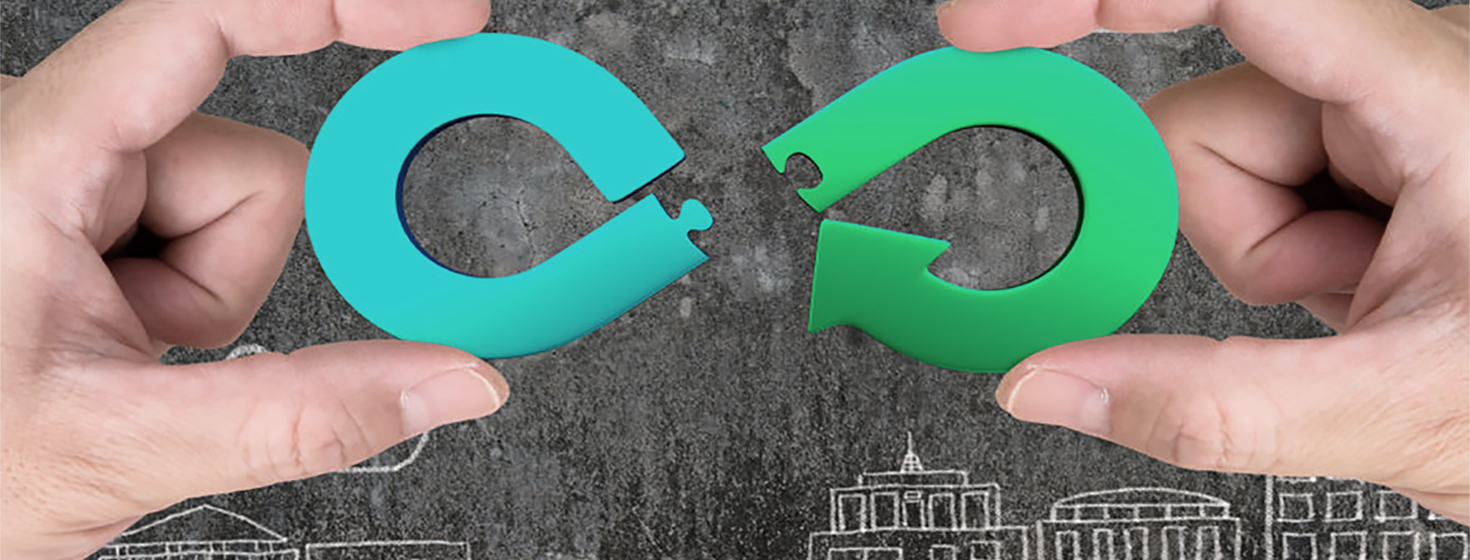
Product design and coordination is the name of the game in a circular supply chain. Products are designed to have a long life-cycle and product components are replaceable, made from recycled, renewable or bio-based materials.
An interesting example of a circular supply chain has to do with textiles. The clothing and personal equipment unit of the Dutch army had historically incinerated clothing and uniforms at a cost of about half a million Euros per year but turned to repairing and replacing clothing parts that were commonly worn out. A damaged sleeve on a shirt, for instance, could be replaced rather than the shirt destroyed.
As unit built circular design expertise, materials were changed to make the cyclical re-use cheaper and easier.
This example is difficult to repeat in Lagos in the short term because Nigeria is an import-dependent country, meaning that product design and development does not often take place locally. However, because localized production loops are an important part of the circular economy, nourishing circular product development in Lagos is a priority.
While there are not yet examples of circular supply chains in Lagos, companies such as Mitimeth, which designs and produces fashion goods and home wares using water hyacinth, an aquatic weed found in Lagos Lagoon. are leading the way using organic materials in their product designs.
Circular Supply Chains in Nigeria: Businesses in Nigeria
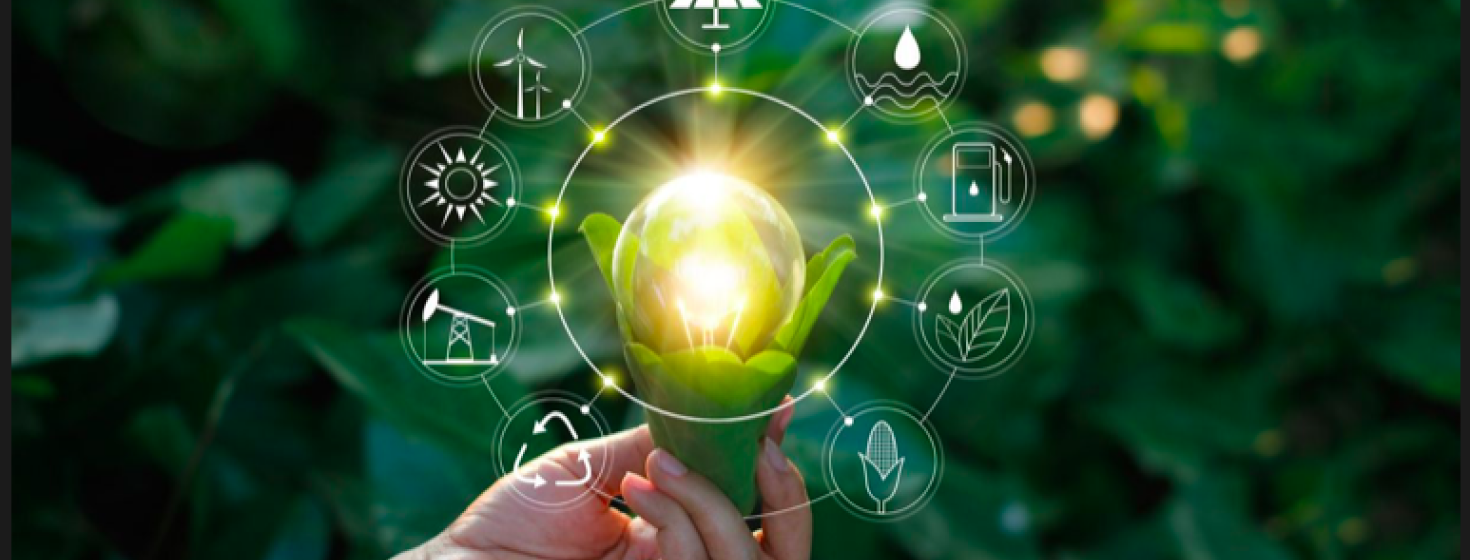
A Sharing Platform is a circular business model which promotes collaboration among users to increase the usage and value derived from products. This model creates value by exploiting underutilized assets ranging from services, products, space and even waste. Typically in this model, sellers are able to earn income from their services or assets, buyers save money by renting instead of purchasing and platforms earn a fee by facilitating market exchanges.
AirBnB may be the most well known global example of a sharing platform but thanks to a vibrant tech and innovation scene, there are many sharing platforms that are active in and around Lagos. In fact, Nigeria has its own answers to AirBnB called Muster and Spleet which were created to bypass unaffordable upfront fees commanded by landlords. There are multiple local carpooling and ride-sharing platforms including Oga Taxi, Bolt, GidiCab, ShareRide2Go and Hubryde. A number of crowdfunding platforms have also emerged to help finance businesses in the agricultural sector that have historically had trouble accessing bank loans including Farmcrowdy, Agrorite, and Thrive Agric. By aggregated supply and demand these types platforms often provide other types of services that make processing and export more efficient. Hello Tractor on the other hand aggregates demand of small-scale
farmers for rental tractors which improves farming yields and the utilization of rental tractors.
Markets in Lagos are relatively fragmented: many entrepreneurs do not have access to efficient distribution or communication channels and consumers equally lack information about products and service providers so there is significant potential to build sharing platforms in Lagos. The risks and costs of building sharing platforms are nonetheless significant as it takes considerable resources to develop and build trust in collaborative markets. Regulatory action has also created risks for emerging platforms in both the ride-sharing and crowdfunding spaces.
Sharing Platforms: Businesses in Nigeria
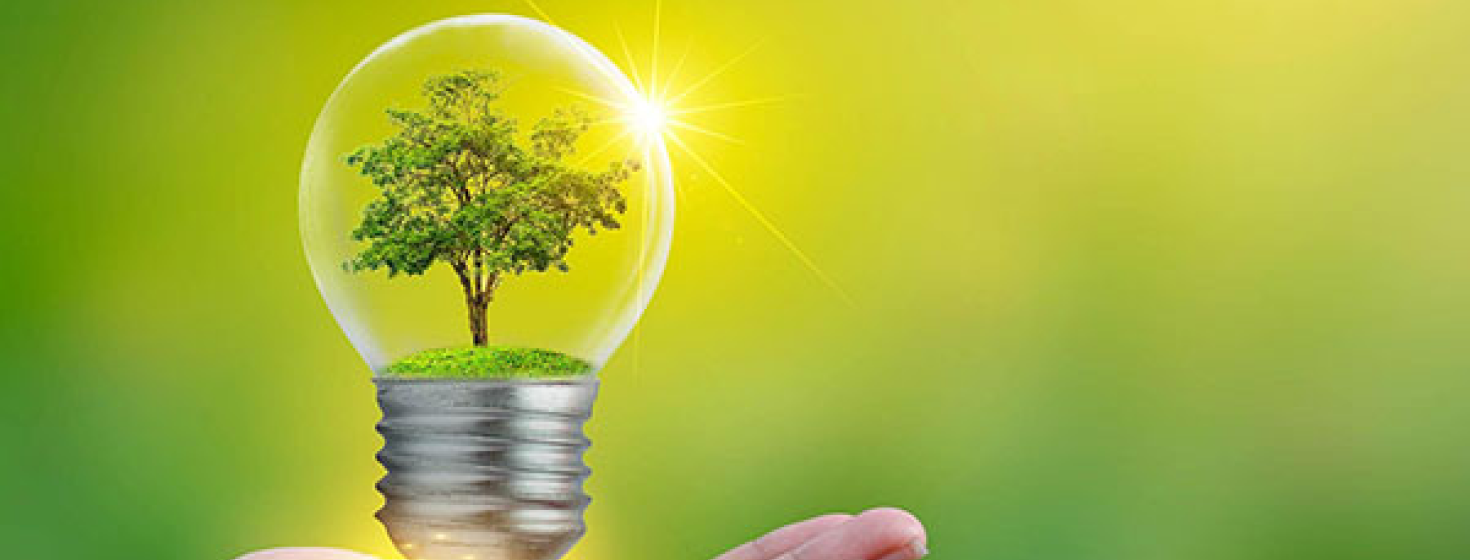
A business that retains ownership of an asset and leases it out for use by clients offers a product-as-a-service (PaaS). A famous example of a product-as-a-service model comes from Philips, which began selling lighting as a service, meaning that the company retained ownership of lightbulbs while customers paid Philips to light their homes and offices. This facilitated higher rates of recycling and product refurbishment and also established a successful new business line for the company. The same business
model has been deployed successfully for office chairs and car tires.
The key environmental advantage of this model is that it optimizes the use of assets. There is also more oversight and accountability for products and materials. The business advantage is that it can deepen client relationships and foster customer loyalty as the service provider is well positioned to upgrade equipment and user experiences. PaaS models give flexibility to clients, who pay subscription or service fees instead a large capital expense for a product that may become obsolete.
Advances in technology and the internet of things (IoT) have added excitement about the PaaS model especially when used in industrial settings. PaaS platforms enable large amounts of data collection on how a machine is used, its environment and its performance which helps to improve maintenance and design efficiency. One area where IoT PaaS models are making their mark is on road and building safety signage, where companies like Willard IoT and TAPCO are creating significant cost savings by monitoring and trouble shooting the performance of signs from a central location.
Globally, IoT-driven PaaS models are relatively new and there are few examples of indigenous PaaS business models operating in Lagos. As most homes in Nigeria depend on generators other off-grid alternatives for electricity, renewable energy provision is one exception and there are a multiple providers that offer subscription or pay-as-you-go services (PAYG), including Solynta and Netherlands-based Lumos
An area of opportunity to apply this model in Lagos could be in furniture or leather goods, where there are established artisanal and manufacturing communities and issues such as forest conservation are highly salient.
Product-as-a-Service Models: Businesses in Nigeria
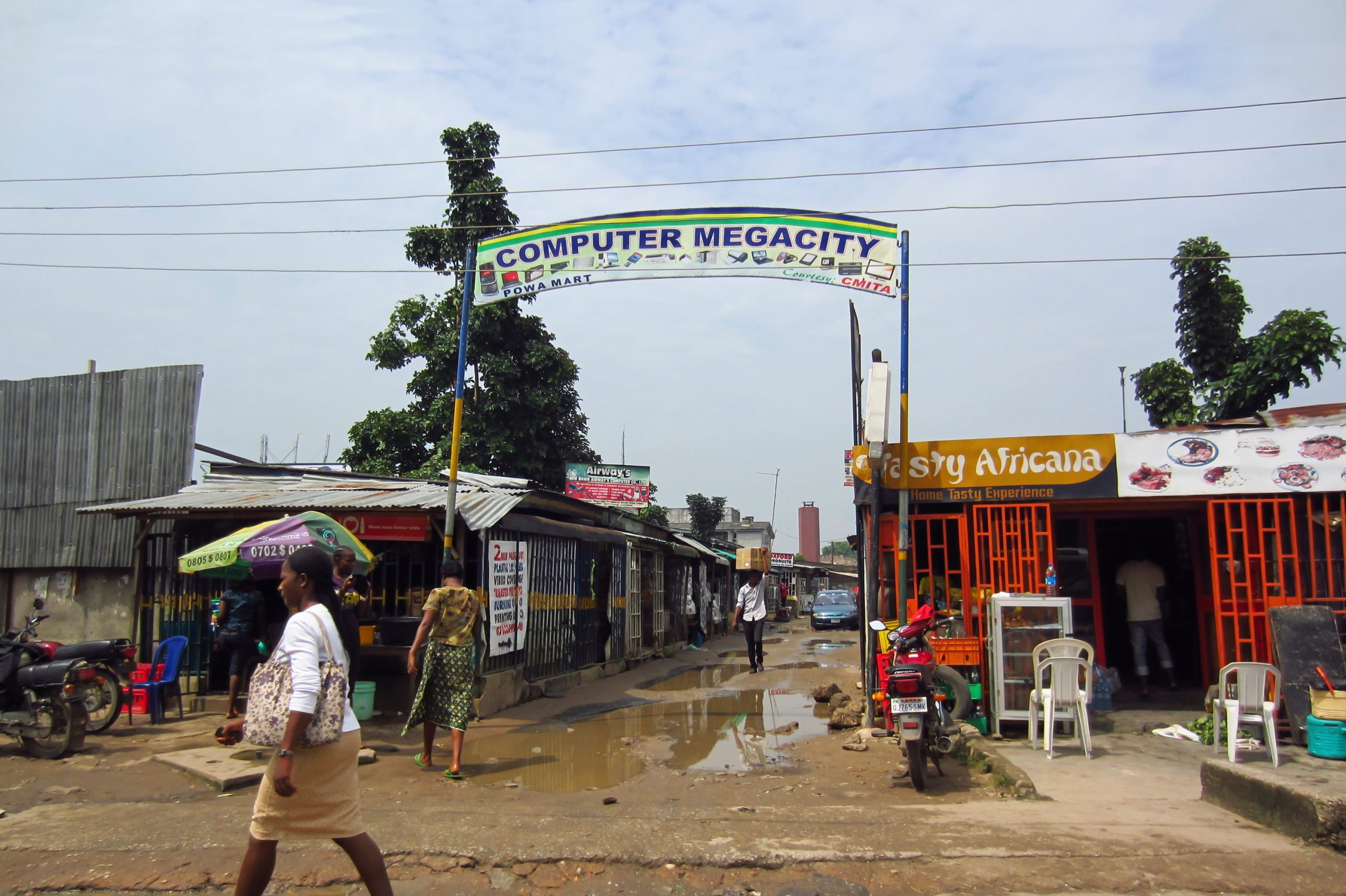
Repair, maintenance, upgrading, resale and remanufacturing are the core components of Product Life Extension business models.
Poverty is a key driver of this model in Lagos, which is a destination for a large volume of second-hand goods. Mobile and computer devices are a case in point: there is a thriving market for refurbished electronic goods in Nigeria. The refurbishing sector in Lagos alone generates more than US$ 50.8 million per year, with the Ikeja Computer Village cited as an exciting example for cluster-based economic development in sub-Saharan Africa.
A promising feature of Product Life Extension is that by keeping goods in circulation for longer periods of time, it has the potential to grow local business activities that support product collection, servicing and refurbishment. The Ikeja Computer Village provides an example.
In the global market for second-hand goods it is nevertheless important to recognize that most economic activity is centred in developed markets and while it is positive that value is created through second-hand markets, more effort is needed to distribute value generation. Furthermore, the lives of second-hand products, particularly electronic cannot be extended indefinitely. Irresponsible disposal has created a significant e-waste problem in Nigeria.
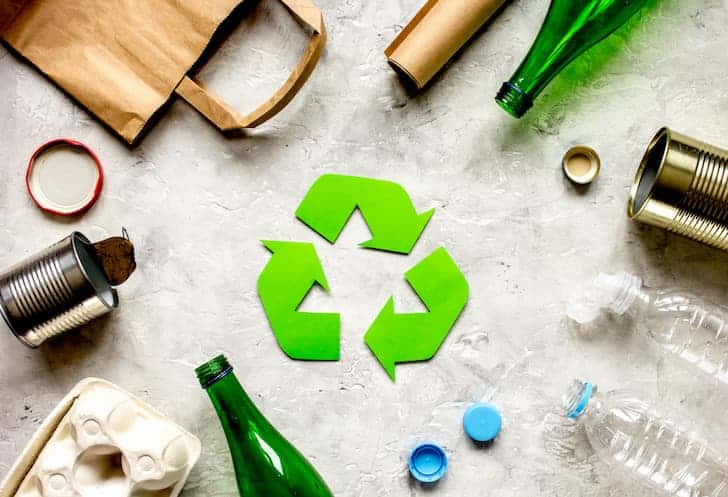
Resource recovery models recycle waste into secondary raw materials which divert waste from disposal and reduces levels of extraction and processing of natural resources.
Much to the chagrin of hardcore circular economy enthusiasts who emphasize upstream design processes, recovery and recycling is often seen as synonymous with the “circular economy” in Lagos but this association is reasonable because waste leakage is a significant challenge.
Recycling and recovery is a dynamic and growing area for businesses. The opportunities and challenges for developing recovery and recycling business models vary by material and depend upon the ease of collecting and processing waste as well, the availability of off-takers for recycled materials and the type of waste responsibility schemes that govern a particular sector.
For example, at one end of the spectrum there are high value components (precious metals) in e-waste but in un-regulated environments they are obtained by burning cables and other toxic materials which is especially dangerous for the environment. At the other end of the spectrum is consumer packaging including water sachets, food containers and wrapping, drink cartons and PET bottles. Because there is limited infrastructure or incentives for consumers to dispose of these materials in segregated waste
systems, many plastic materials are easily leaked into the environment and fetch low values for collection. In between lie a range of other waste materials, such as organic and agricultural waste which can be turned into biogas.
Within the start-up ecosystem there are a substantial number of organizations that work in material recovery. Among them are WeCyclers and RecyclePoints which are social enterprises that seek to grow incomes of vulnerable communities by supporting them to collect waste. The Recycling Association of Nigeria has also been set up to organize small businesses operating across the value chain. Closing the Loop, a Dutch start up works in the e-waste space, generating income through waste compensation
programmes that operate in the Netherlands. There are both smaller and large recyclers and waste conversion businesses operating in Nigeria, smaller enterprises, including GeoCycle, BlueCycle Brickify,Kaltani and Hinckley.




